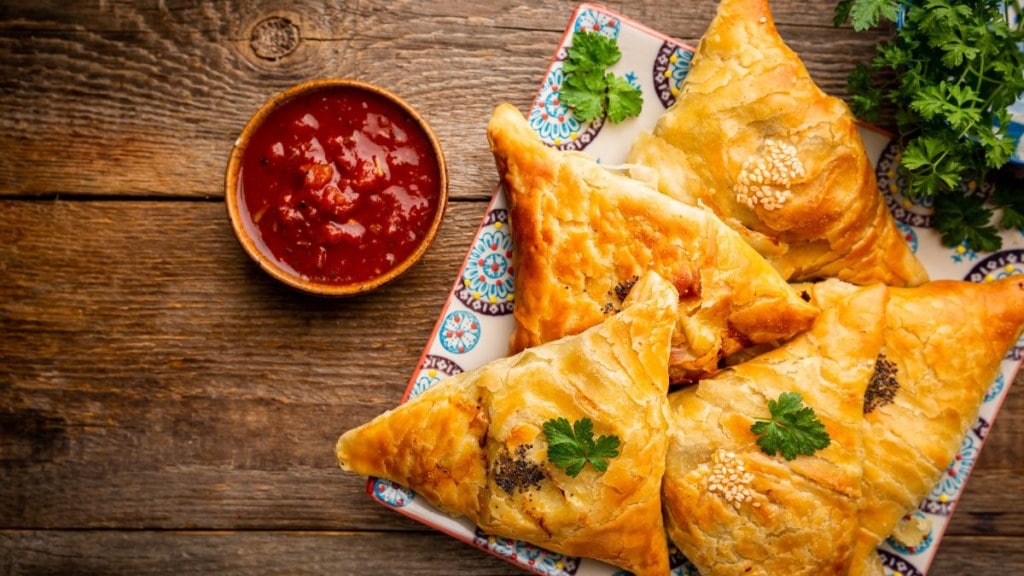Who doesn’t love that deep-fried samosa, jalebi, chole bhature or even pakoras on a rainy day with a hot cup of tea? Though these deep-fried snacks are a treat for our taste buds, they might be silently harming our health. And now, the day may not be far when our favourite Indian treats like samosas, jalebis, laddoos, and pakoras come with health warnings just like cigarettes do.
In a new move to promote healthy eating, the Union Health Ministry has asked all central government institutions, including AIIMS Nagpur, to put up “oil and sugar boards” in cafeterias and public spaces. These posters will show how much fat, oil, and sugar are present in commonly eaten snacks.
The goal is to raise awareness about hidden calories in popular foods, not to ban them. Officials say these posters will act as reminders, helping people make better food choices, especially in places where such items are often consumed.
Why this move?
Health experts say this is a much-needed step, as India is facing a growing obesity crisis. By 2050, more than 44.9 crore Indians are expected to be overweight or obese, making India the second most affected country after the U.S.
Right now, about 1 in 5 urban adults in India is overweight. Doctors are also seeing a rise in childhood obesity, caused by poor diet and low physical activity.
“This is not about banning food,” said Dr. Sunil Gupta, a senior diabetologist. “But if people knew that one gulab jamun may contain five teaspoons of sugar, they might think twice before eating another.”
What will change?
At places like AIIMS Nagpur, posters will soon be displayed near food counters, canteens, and other areas where snacks are served. These “oil and sugar boards” will show the calorie, sugar, and fat content of popular items like samosas, vada pav, jalebis, biscuits, and laddoos.
Dr. Amar Amale, President of the Cardiological Society of India (Nagpur chapter), said this move is similar to how cigarette packets now carry health warnings.
“Sugar and trans fats are the new tobacco. People deserve to know what they’re eating,” he said.
A part of the Fit India movement
The awareness campaign supports the government’s Fit India Movement, which encourages people to live healthier lives and reduce oil use by 10 per cent.
Doctors say the idea is not to stop people from enjoying traditional foods but to give them the information they need to eat mindfully.
“Awareness is the first step,” said Dr. Gupta. “Once people know what’s in their food, they can make better choices.”
The next time you pick up a jalebi or samosa, don’t be surprised if a colourful poster nearby tells you what’s inside. It’s a small change, but one that could help in the fight against obesity and lifestyle diseases like diabetes, heart disease, and high blood pressure.








